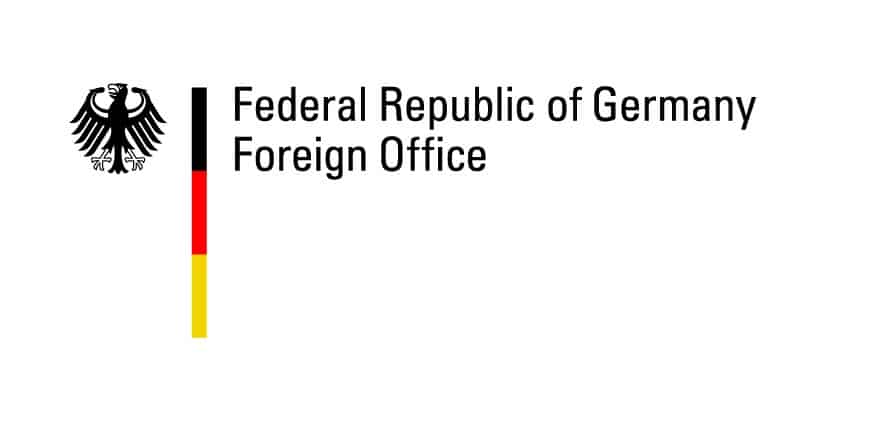Support to the Constitutional Court and Judicial Institutions of the Hashemite Kingdom of Jordan
In 2011, His Majesty King Abdullah II of the Hashemite Kingdom of Jordan, in his instructions to the Royal Commission to amend the Constitution, emphasised the creation of a Constitutional Court as a step towards reform and as a major step to promoting the principle of the separation of powers and for defending the rights and liberties of people as provided for in the Constitution. Following the issuance of a Royal Decree, the Kingdom of Jordan took an important step in the advancement of reform by amending the Constitution to this effect and passing a law which would establish the Constitutional Court.
The Court was established in 2012, with the Chairman and members of the first Constitutional Court swearing their oaths of allegiance in front of His Majesty on 6 October 2012, and began its work towards the end of 2012. With the Court still in its formative stages, the project will aim at enhancing the necessary knowledge of the newly appointed Constitutional Court Judges to enable them to discharge their duties in accordance with the best regional and international practices using comparative analytical perspectives. Based on a Memorandum of Understanding that established a framework for cooperation between the Constitutional Court of the Hashemite Kingdom of Jordan and the Max Planck Foundation for International Peace and the Rule of Law, the project is specially aimed towards the following three broad objectives.
Firstly, the project components focus on enhancing the technical capacities of judges of the Constitutional Court by ensuring that they have access to the most relevant and up-to-date knowledge of longer-established Constitutional Courts and their experience in protecting fundamental procedural rights.
Secondly, the project aims at fostering a broader conception of human rights, taking into account the domestic legal structure in Jordan and focuses on modes through which the Constitutional Court can ensure that domestic laws and judgments of Courts comply with the international treaty obligations that Jordan has undertaken.
Thirdly, it is intended to strengthen judicial independence through seminars on topics related to substantive and procedural aspects of the work of the Constitutional Court. As the Court is still in its formative development stages, the project also includes a component for assisting with the development of a library and essential legal texts on international law that would assist the judges in the consideration and incorporation of international law within their judgments.
The seminars conducted by the Max Planck Foundation will be delivered in close cooperation with the Constitutional Court and the Judicial Institute of Jordan, the two leading institutions tasked with oversight of constitutional and judicial affairs, and have the express objective of providing comparative expertise and models for the promotion of the rule of law and the protection of fundamental rights in accordance with the Constitution of Jordan and the State’s international legal obligations.
Funding

Duration
1 October 2014 – 31 December 2015
News Items

Max Planck Foundation Delivers Third Capacity Building Workshop for Members of the Constitutional Court of Jordan in Amman

Foundation Delivers the Third and Final Workshop in a Series of Technical Capacity Building Workshops for Judges of the Ordinary Courts in Jordan

Two Workshops for the Support Staff of the Constitutional Court of Jordan

Max Planck Foundation Delivers Capacity Building Workshop for Members of the Constitutional Court of Jordan

Max Planck Foundation Delivers Capacity Building Workshop for Judges at the Judicial Institute of Jordan

The Judicial Institute of Jordan and the Max Planck Foundation Sign Memorandum of Understanding
Contact

Kathrin Maria Scherr
Email:
Phone: +49 (0)6221 91404 34
(See full profile)
